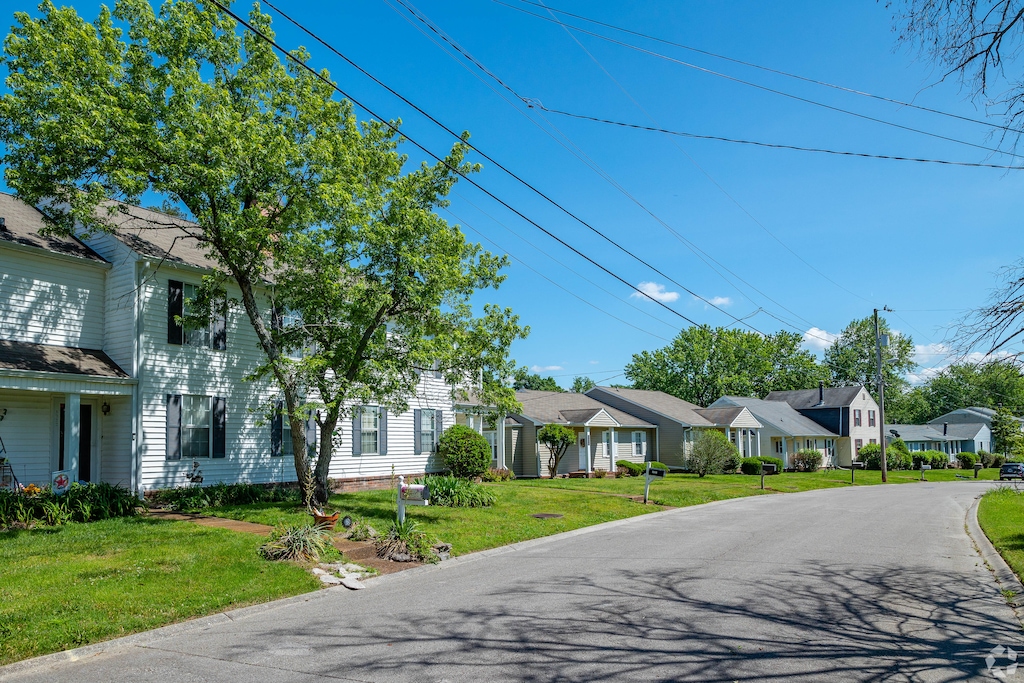Nashville will ask Tennessee to return a share of the fee it collects every time someone sells a house so the city can use that money to support affordable housing development and help older homeowners maintain their properties.
A resolution the city’s Metro Council approved last week asks the state legislature to give back at least 3% of the transfer tax revenue collected each year. Doing so could generate about $7.8 million annually across the state, according to a 2025 report by the nonpartisan research agency ThinkTennessee. The report also found that this type of tax revenue has grown 134% in the state over the past decade. The state currently collects 37 cents of every $100 from a home sale, according to the Tennessee Department of Revenue.
“Nashville sees none of it come back," Councilmember Tasha Ellis, who sponsored the resolution, said in a statement. "Meanwhile, we have seniors forced to sell their homes because they can't afford a $5,000 roof repair.”
The resolution also requests authority from the state to impose one-time impact fees on new development, also for the purposes of affordable housing and senior home repair. The same ThinkTennessee report stated that numerous cities and counties already have the authority to raise these fees and collected approximately $59 million in 2022. The state has not given Nashville and Davidson County, which operate as a single city-county government, this authority to date.
To avoid deterring affordable housing projects, Ellis suggested that the state exempt such developments from the proposed impact fees.
It's not unusual for states to allocate some of the money they get when houses are sold to affordable housing, according to the ThinkTennessee report. In fact, 16 of the 34 states with transfer taxes do so.
The Metro Council’s resolution states that transfer taxes and impact fees are necessary because the city and county have $15.5 billion worth of upcoming infrastructure projects, and the local property tax won’t be sufficient to cover them.

